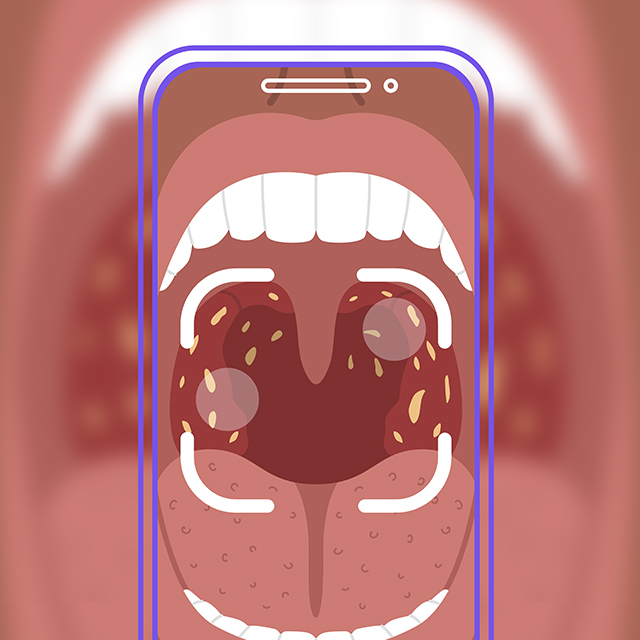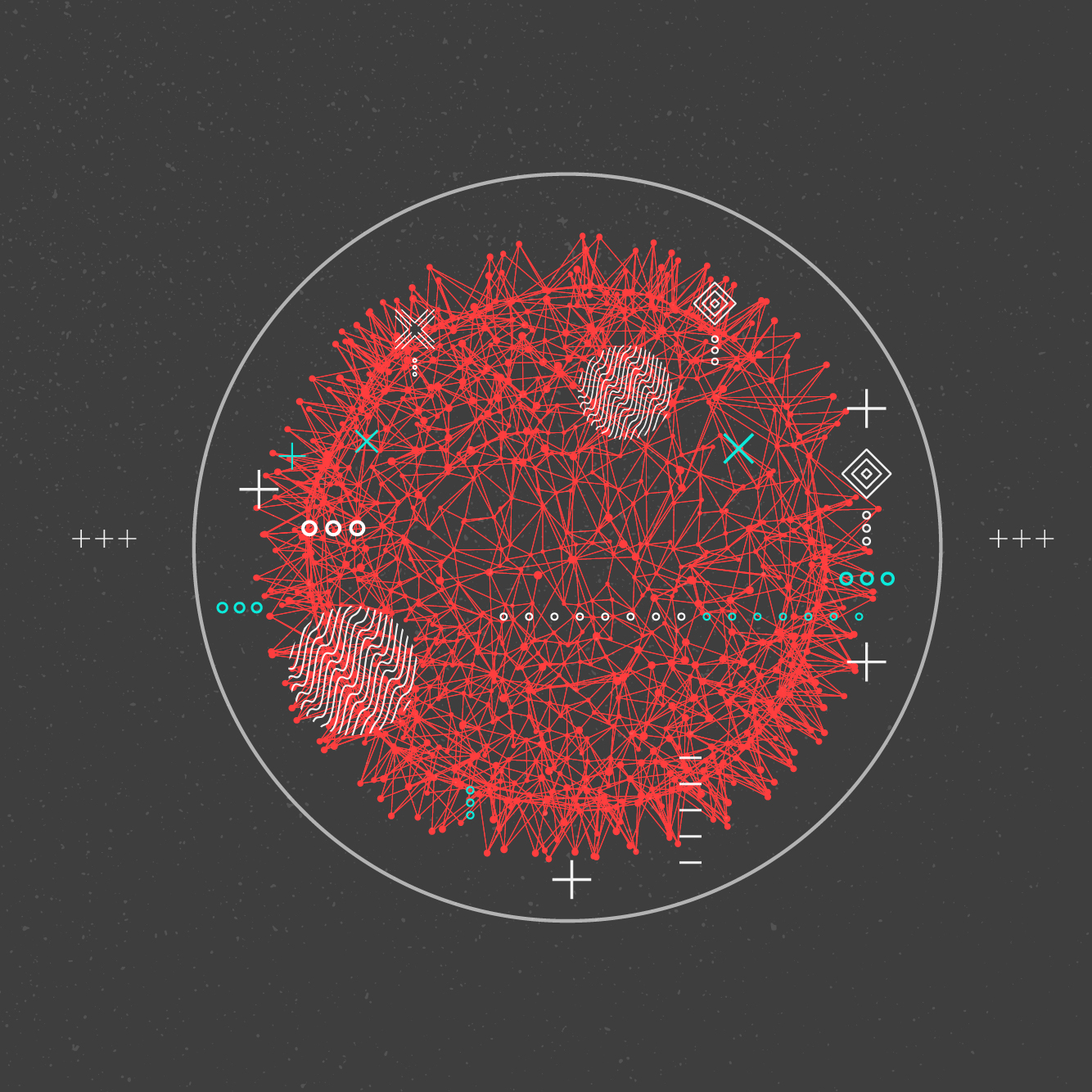What if a powerful tool could be created, using artificial intelligence (AI), that would help diagnose, predict and treat the disease process in a retina? That is the question T.Y. Alvin Liu, M.D., assistant professor of ophthalmology at Wilmer Eye Institute at the Johns Hopkins University School of Medicine and a retina specialist, has set out to answer.
Just before the COVID-19 pandemic started, Liu had a chance meeting with Caroline Popper, M.D., M.P.H., chief business officer of the Johns Hopkins inHealth precision medicine initiative, which provides support to physician-researchers throughout Johns Hopkins to create precision medicine centers of excellence to develop tools to answer specific questions in their various specialties.
“The idea behind precision medicine is that not everyone is the same,” says Liu, who is also the director of the new Wilmer Precision Ophthalmology Center of Excellence. “We want to harness our exponentially expanding ability to process and analyze massive amounts of data in order to fine-tune treatment for individual patients.”
Liu says he was inspired by his meeting with Popper to create the Wilmer Precision Ophthalmology Center of Excellence in March 2021. The center builds on earlier capabilities of the Wilmer Artificial Intelligence Research Network, which Liu helped establish in 2019.
The advantage of tapping into Johns Hopkins Medicine resources is obvious, Liu says, adding that it allows Wilmer researchers “access to data in a secure, centralized place … and the data can be further transported to cloud-based Microsoft GPUs [graphic processing units] — special computer hardware that’s especially good for deep learning analysis.”
What will it mean for patients? Liu envisions them going to his office, getting a scan that’s read and analyzed instantly, and leaving with a personalized prediction that will guide treatment, including how quickly their disease might progress.
But first, Liu’s team has to create the AI infrastructure to do the kinds of mass data processing he envisions. “One thing we are about to complete is a new [virtual] pipeline with which we can download all the images for 3,000 patients in a day or two,” he says.
“We are living in a very unique time,” Liu says. “People often say AI is the fourth industrial revolution, and I’m a believer. It’s going to change medicine, and definitely ophthalmology, as we know it.”
Read the original article: “Tapping Precision Medicine to Provide Individualized Care.”


